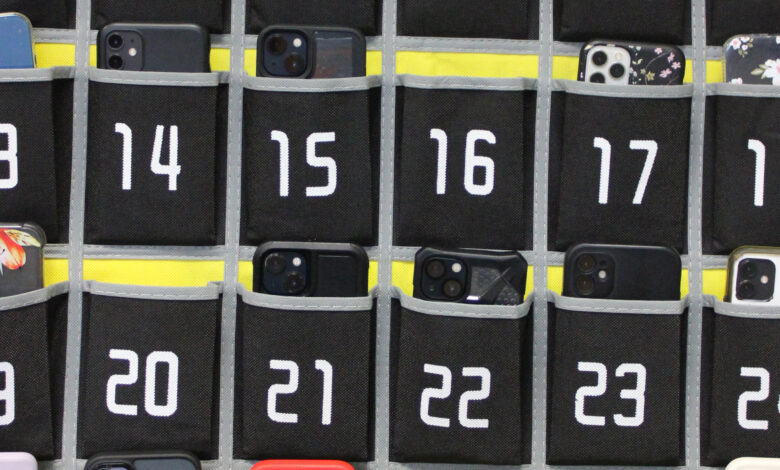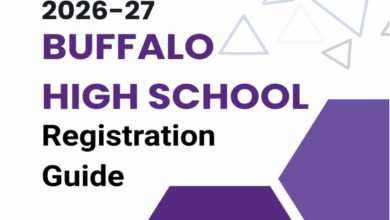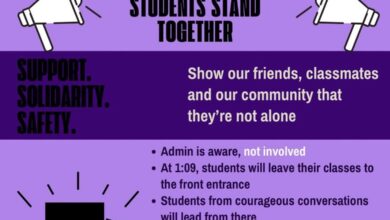
“Bell-2-Bell, no cell” is a newly familiar phrase for BHS students. This school year, a new phone policy has been enforced by teachers and staff preventing any phone use or contact from the start of the class bell to the end of the class bell. In previous school years, phone rules were relatively relaxed, with each teacher determining how much students could use their phones during class. The goal of the new policy is to “create a distraction-free learning environment where students can thrive academically and socially.”
“In the last couple of years I was [at BHS], there was supposed to be a phone ban, but the teachers didn’t enforce anything,” Jadelin Bertelson ‘25 said. “Now, all the teachers are enforcing the rules and everything.”

The phone ban is not, though, just taking place in BHS. The Minnesota State Legislature recently passed a law requiring all school districts and charter schools to acquire a policy on students’ possession and use of cell phones in school by March of 2025. BHS decided to start their policy on day one of the 24-25 school year instead of waiting for March, like most other Minnesota schools.
But does this new phone policy actually create a “distraction-free learning environment?” Is the rule itself improving academic performance, mental health, the classroom environment, and the teachers’ ability to instruct students effectively?
Teachers have a designated area in their classroom for students’ personal devices, like baskets, caddies or phone pockets. They are in charge of enforcing the rule requiring students to turn in devices—like phones, smart watches, or earbuds—or at least stow them away in bags.
Not all teachers follow the mandate fully, however. Some teachers are still very relaxed with the phone policy in their classrooms, and some are very strict. When asked how many teachers actually make students turn in their phones, Alexis Burgess ‘28 said, “I only have one teacher. I have to put it in a pocket. It’s mostly that you have to [stow] it away.” Another freshman stated that only two of their teachers actually require students to turn in their phones.
Because of this lack of consistent policies about enforcement by many teachers, it is common for students to not fully follow the new policy. One freshman said, “They usually have me put my phone away, but I take it out anyway because they don’t know.”
Some students also feel that teachers taking away phones is not entirely beneficial to their learning. Reese Dirksen ‘28 observed, “If [the school] takes away a child’s phone, the kid is just gonna keep asking for it back, so [teachers] should just give reminders for students to put them in their bags.”
Other BHS students think that the new phone policy is very beneficial to their learning.
“I feel like [the policy] helped with being able to grasp the subject that you’re learning. Phones are very addictive, it’s really bad for you, and I feel like my mental health got better,” Elsee Rausch ‘27 said. “I [used to] be constantly checking [in class] to see if I got a new notification or anything like that.”
Bertelson added, “I don’t really mind [the new phone policy] because whenever I’m feeling the vibrations of my phone, I want to check it. So now I just don’t think about my phone as much.”
The reviews of the policy haven’t all been completely positive, however. Burgess also explained, “I agree with [the policy], but not to the extent that they’re taking it because it’s very strict and for people like me who don’t go on their phone during the day, I think it’s just kind of useless.”
Overall, the new phone policy has helped most students with staying engaged in classes, although some teachers do not enforce the rules consistently. The phone policy can feel very unnecessary at times for students as it does not improve the idea of responsibility in class. Students are simply annoyed with teachers taking away their phones, although it has proven beneficial to students who would otherwise be on their phones during class lessons.





